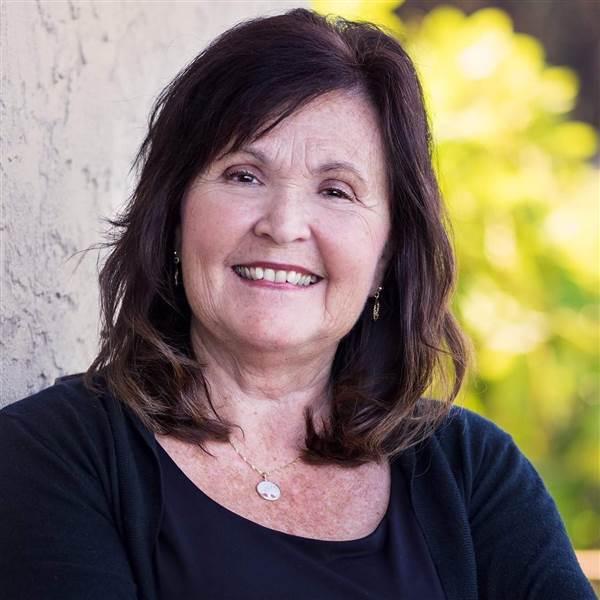 Do you find yourself nodding off at your desk – or worse, in a business meeting? Singing out loud to stay awake as you drive home? Maybe you just need more sleep – or maybe you have a sleep disorder. Excessive daytime sleepiness can have dire consequences. The American Sleep Apnea Association estimates that more than 20 million Americans suffer from sleep apnea. Unfortunately, the vast majority of those affected are undiagnosed. Untreated sleep apnea often leads to hypertension, heart and cardiovascular problems, as well as accidents of all kinds. Pilots are not immune.
Do you find yourself nodding off at your desk – or worse, in a business meeting? Singing out loud to stay awake as you drive home? Maybe you just need more sleep – or maybe you have a sleep disorder. Excessive daytime sleepiness can have dire consequences. The American Sleep Apnea Association estimates that more than 20 million Americans suffer from sleep apnea. Unfortunately, the vast majority of those affected are undiagnosed. Untreated sleep apnea often leads to hypertension, heart and cardiovascular problems, as well as accidents of all kinds. Pilots are not immune.
In 2009, a National Transportation Safety Board (NTSB) Safety Recommendation to the FAA resulted in changes to the evaluation requirements for medical certification. The FAA, at the urging of the NTSB, determined that untreated obstructive sleep apnea could be a contributing factor to accidents.
The FAA now grants medical certification under a Special Issuance Authorization to pilots who report successful treatment and control of obstructive sleep apnea.
If you have sleep apnea, you have no doubt noticed that there is no specific reference to it on the airman medical application. However, the FAA expects it to be reported under item 18x “other illness, disability, or surgery.”
Since medications that may be prescribed to treat symptoms are generally not allowed if used on a regular basis, most cases of sleep apnea are treated with CPAP (Continuous Positive Airway Pressure) devices. More invasive surgical procedures are also performed, while less invasive procedures such as using an oral airway device are also an option.
For special issuance certification, an airman will need an initial sleep study in which the diagnosis is made and treatment options are determined. If the decision is made to use CPAP and the machine has the capability to produce a report of utilization and sleep efficiency, the sleep study and the CPAP report are adequate for certification.
However, if no download report is available, a Maintenance of Wakefulness Test (MWT) is required for initial certification. AME Assisted Special Issuance is typically issued with an annual follow-up for continued certification.
More information is available online.
If you have more questions, please call AOPA’s Pilot Information Center to speak with one of the medical certification specialists, 800-USA-AOPA (872-2672), Monday through Friday, 8:30 – 6:00 p.m. Eastern Time.



